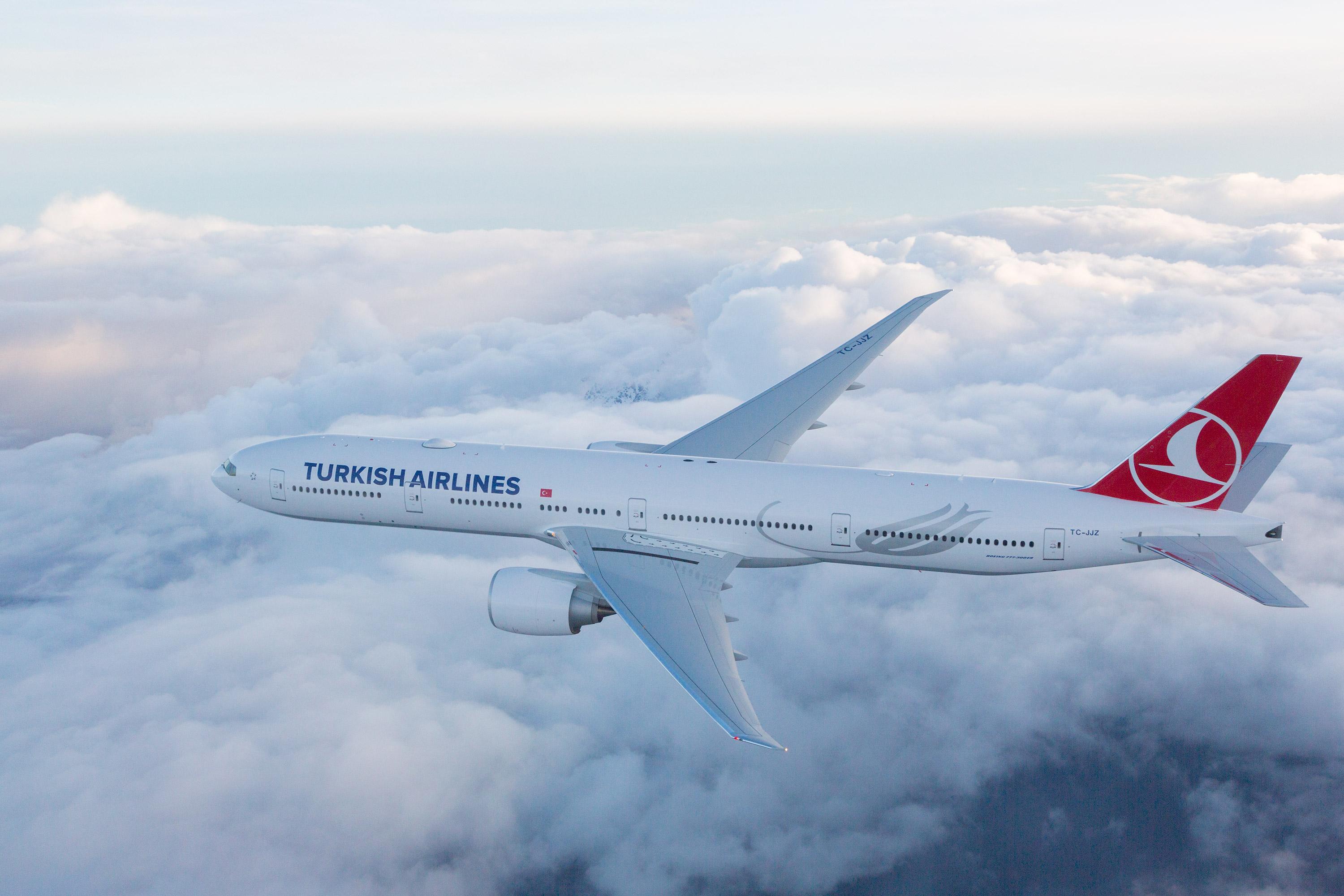
WASHINGTON—The U.S. Export-Import Bank (EXIM) is back in the business of supporting Boeing and General Electric (GE)—leading aerospace and defense companies that served as the face of alleged corporate welfare to anti-bank critics in recent years.
Last week, EXIM said it would guarantee $459 million, or 90%, of a $510 million loan for Credit Agricole and an “investment bank” to purchase accounts receivable from CFM International—a joint venture of GE and Safran—due from Boeing.
The proposed one-year purchase facility would support an estimated $3 billion in export sales of aircraft engines and an estimated 11,200 total direct and indirect jobs throughout the U.S. supply chain, including 1,180 jobs at CFM/GE positions across Indiana, North Carolina and Ohio, according to EXIM.
“The proposed financing support is needed due to the current lack of capacity among commercial banks and heightened risk associated with the aircraft manufacturing industry resulting from the COVID-19 pandemic and global economic conditions,” the U.S. credit export agency said. “The transaction will facilitate increased liquidity for CFM/GE and its suppliers.”
In a separate, second proposed transaction, EXIM would provide a loan guarantee up to $498 million for Turkish Airlines to buy Boeing aircraft with GE Aviation engines. This move would support around 3,000 jobs across the U.S., the bank said.
“The proposed financing support is needed due to the current lack of capacity in the commercial banks and capital markets for long-term debt for Turkish Airlines,” according to the export credit agency. “EXIM financing is also needed to meet competition from foreign, officially sponsored export credit financing from Germany, France, and the United Kingdom.”
The EXIM guaranteed financing for Credit Agricole would be repaid over 12 months. The financing for Turkish Airlines would be repaid over 12 years in 48 quarterly installments of principal, with interest in arrears, following delivery of the aircraft. Both proposed transactions are supposed to generate “millions of dollars” in fees for EXIM.
The June 11 announcements stand in stark contrast to cries of crony capitalism in recent years as EXIM’s congressional authorization and operations were ground to a halt. In fiscal 2014—the last year with a full bank board quorum needed to approve large loan guarantees—Boeing received almost 40% of all of EXIM’s “largess,” the Mercatus Center at George Mason University reported in April 2019. The amount began dropping in 2015; last year it was near zero.
Critics nicknamed EXIM the “bank of Boeing.” Supporters, including most of the aerospace and defense industry and its various trade associations, have argued the U.S. export credit agency is critical to offsetting similar government support that aerospace OEMs in other countries receive.





